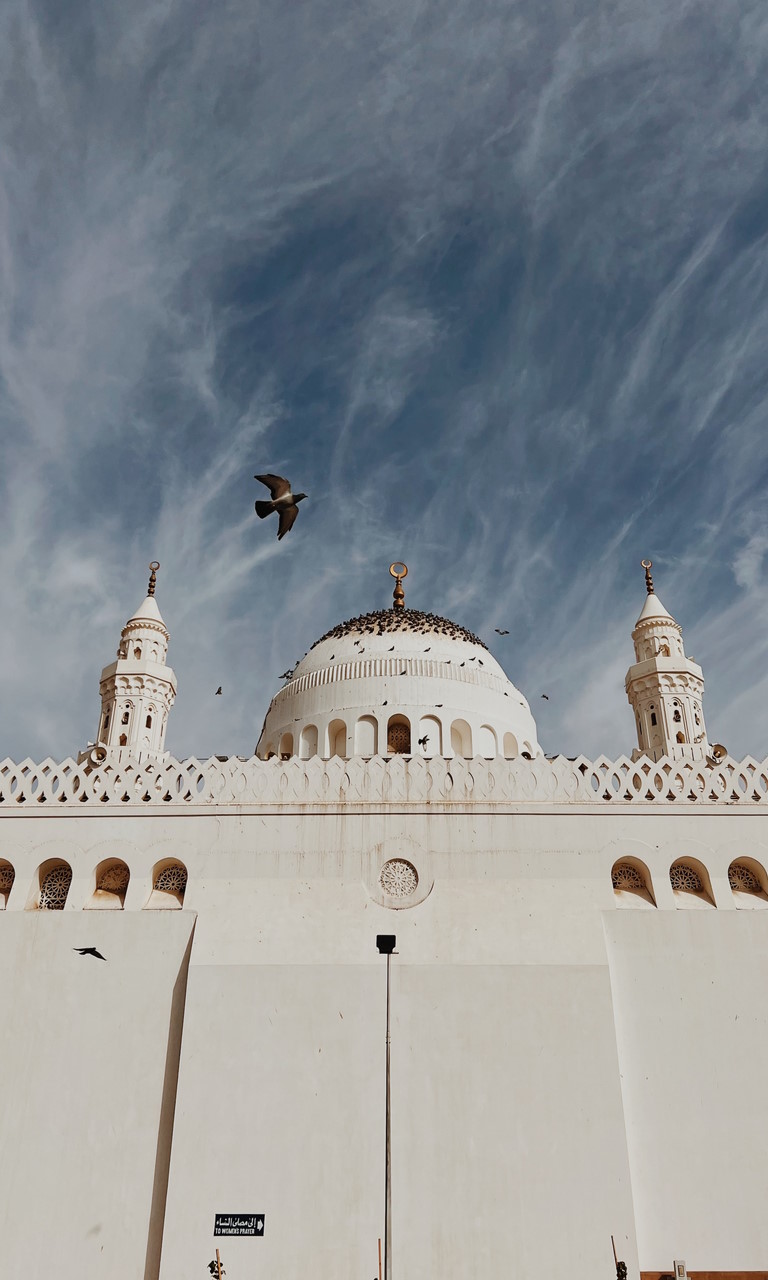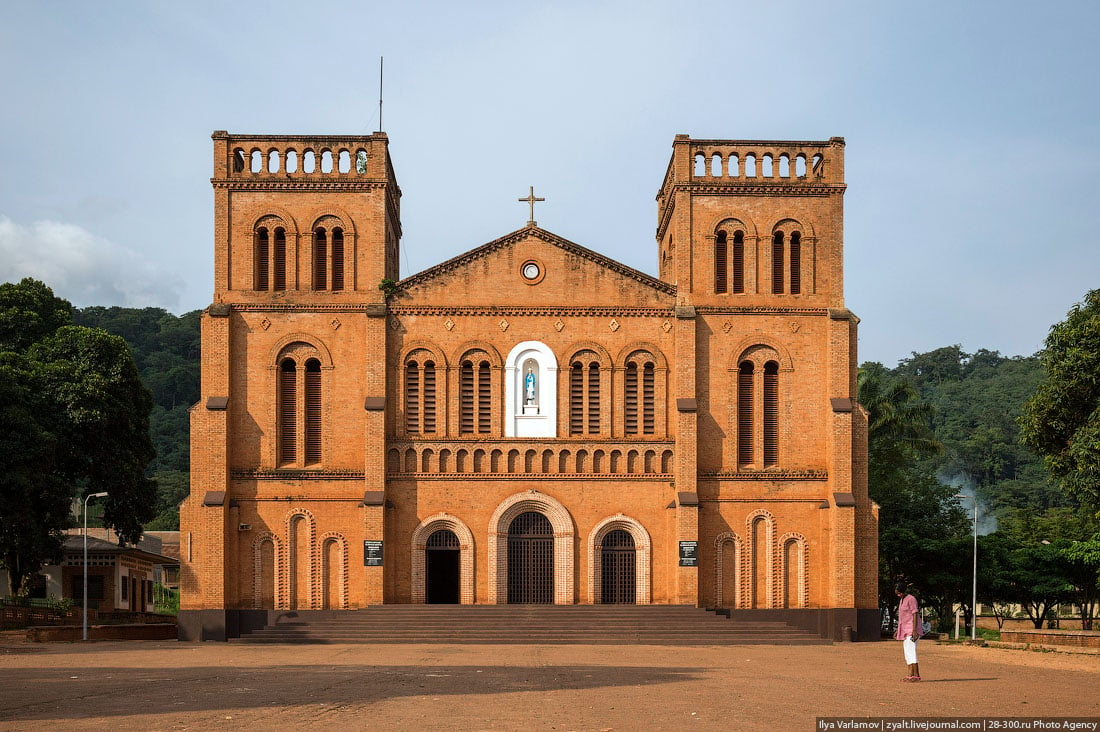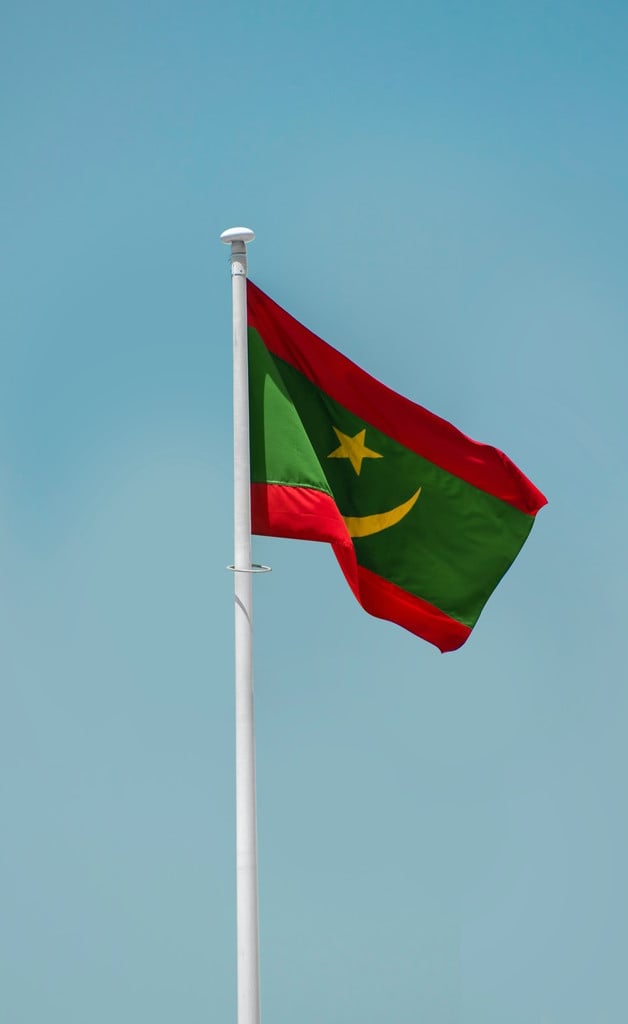The 9 Worst Countries to Be a Witch

February 23, 2023
Estimated Read Time: 7 Minutes
Warning: This article contains content that some readers may find disturbing
Witchcraft has long been shrouded in mystery and fear, with practitioners often facing persecution and discrimination for their views. While many people in the Western world view witchcraft as a harmless spiritual practice or even a trendy lifestyle choice, others view witchcraft as immoral or an affront to their religion. In some countries, it is still seen as a dangerous and taboo belief system.
In these places, witchcraft is still prohibited. As a result, those accused of practicing it may face harsh punishments, including imprisonment, torture, and even death. Many of the accused aren’t even practicing witches. Often, an accusation of witchcraft is a convenient way to get rid of somebody. Sometimes to steal their property, or sometimes over a simple disagreement.
So, which countries prohibit practicing witchcraft? What kind of consequences do practitioners face? Take a look at 9 countries that do not welcome witches.
Saudi Arabia

In Saudi Arabia, practicing witchcraft and sorcery is strictly prohibited and can result in severe penalties, including flogging and execution. That is due to the widespread prejudice regarding magick and the evil intentions of those who practice it.
In addition, many people in Saudi Arabia strictly follow Islam and view magick as a form of blasphemy and an insult to the teachings of their religion. There is also the idea of jinn, supernatural creatures in Islamic mythology that you can invoke through sorcery. Those charged with practicing witchcraft are seen as a threat to the social and moral order and are punished accordingly.
The criminalization of witchcraft in Saudi Arabia is also tied to strict laws regarding all forms of “immoral” behavior. The nation sees witchcraft as a type of deviant behavior that goes against the values and traditions of Saudi society. As a result, those associated with it may face legal consequences, social ostracization, and discrimination. The fear and stigma can make it difficult for the accused to defend themselves, even if innocent.
Papua New Guinea

Stories regarding witch hunts are typically only found in documentaries and television miniseries. But in Papua New Guinea, a country in Southeast Asia, actual hunts are, unfortunately, a regular occurrence. In fact, tortures and murders are so frequent that they hardly ever make it to the evening news.
Witchcraft is not officially illegal there, but those blamed for practicing it often face brutal attacks and oppression. Papua New Guinea’s government has recognized these witch hunts’ negative impact. It has even taken steps to address the issue through public education campaigns and establishing a national task force to address violence against women. So far, the efforts have not been successful.
Iran

Witchcraft is not specifically illegal in Iran. However, Iranian law might recognize the practice of certain forms of divination and its promotion as criminal offenses.
Furthermore, in Iran, the term “witchcraft” is often used to refer to activities some consider superstitious or fraudulent. The punishment for these offenses can vary but may include fines, imprisonment, or both.
Our free Wicca 101 course provides the essential knowledge and skills
you need to start confidently practicing Wicca.
Join the Wicca Academy community today!
Central African Republic

Around 40% of prosecutions in the Central African Republic involve allegations linked to witchcraft, making it one of the most prevalent crimes. When young children are thought to be practicing sorcery, their families frequently send them to Christian treatment facilities. There, pastors purport to be able to heal them through prayer and therapy.
Democratic Republic of Congo

According to authorities and human rights activists, the number of murders of women accused of practicing witchcraft has increased in the Democratic Republic of the Congo. Still, it would be inaccurate to say that sorcery is illegal in this nation. The DRC is a diverse country with a complex cultural and legal landscape, and there is no one blanket prohibition on witchcraft or traditional spiritual techniques.
That said, the law deems certain practices as harmful or illegal. For example, the DRC’s penal code prohibits using violence or deception to exploit someone’s devotion to magick or sorcery for financial gain. It also prohibits using harmful substances or activities in traditional healing or spiritual rituals.
India

Witchcraft is not a crime in India because the nation has a long history of superstition and belief in supernatural powers, including the idea of sorcery. However, some ideologies and rituals associated with witchcraft may be regarded as illegal or socially unacceptable in different parts of the country. As a result, accusations of witchcraft are often used to explain or justify social or personal problems or to ostracize certain individuals.
In some cases, such charges may lead to violence or abuse. In addition, the country assumes certain herbs or techniques as harmful or potentially dangerous. So, the law regulates or even bans their use. Overall, the legal and social status of witchcraft in India varies depending on the specific views and rituals involved, as well as the particular context in which they occur.
Mauritania

You can’t exactly say that Mauritania bans witches. While the nation does not really accept or understand witchcraft, there’s nothing in the country’s laws that prohibits it.
Still, it is essential to note that Mauritania is a predominantly Muslim country, and sorcery is generally considered incompatible with Islamic teachings. Many Muslims think that only God has the power to influence or change the natural course of events and that seeking help or guidance from supernatural forces is a form of idolatry or polytheism. As a result, some members of Mauritania’s Muslim majority regard the practice of witchcraft with suspicion or disapproval.
It is also worth mentioning that Mauritania has a history of slavery and violence against marginalized groups, including those who people blamed for practicing sorcery. In the past, people charged with being witches or sorcerers often suffered brutal treatment and execution. While such extreme forms of violence are rare, witches may still face social stigma and intolerance.
Ghana

Witchcraft is not necessarily illegal in Ghana, but it is a complex and controversial topic that is viewed differently by different people in the country. In some parts, traditional views of magick are deeply ingrained and used to explain events or occurrences that are not easily understood.
But others do not accept sorcery at all. Such dichotomy leads to charges of witchcraft, which can have severe consequences for the accused. In some cases, people suffered violence or bigotry from their communities. A couple of years ago we shared a story about women in a “Witch Camp” in Ghana, a village for those exiled by witchcraft accusations.
People in Ghana are generally free to believe in and practice it as they see fit. Moreover, the use of violence or intimidation against those accused of witchcraft is against the law in Ghana. That said, practitioners could face physical abuse and flee their communities due to the fear and stigma surrounding their views.
Tanzania

You won’t technically break any laws by practicing witchcraft in Tanzania. Nonetheless, practitioners have faced maltreatment, particularly in rural areas where traditional opinions about magick and spirits are more prevalent.
Generally speaking, Tanzania has diverse cultural beliefs, and not all people in the country hold the same views on sorcery. Some accept the existence of witches and even use traditional forms of magick, while others do not acknowledge them at all. Still, people sometimes use accusations of witchcraft to settle disputes or to attack or discriminate against community members.
Final Thoughts
It is difficult to accurately determine which countries have laws explicitly targeting witchcraft or the use of magick, as the legal definitions and cultural attitudes towards these practices vary greatly around the world. In some countries, witchcraft may be deemed a cultural tradition or protected under the freedom of religion. In others, it may be seen as fraud or superstition and punished as a crime. At the same time, people even use laws against witchcraft as a means of persecution or prejudice against certain groups, such as indigenous communities or minority religions.
As Wiccans, we need to understand and address this issue, as the persecution of witches is a gross violation of human rights and is based on superstition and fear. By educating others about the importance of our beliefs and practices and supporting those facing oppression, we can work toward accepting and recognizing all spiritual paths.
Check out our other articles:
Sigils for Newcomers
Jar Spells Made Simple
Get to Know Your Familiar
Kitchen Magick for Beginners
Moon Phases and Simple Rituals
See All Articles
Love this article? Share the magick with your friends and loved ones!